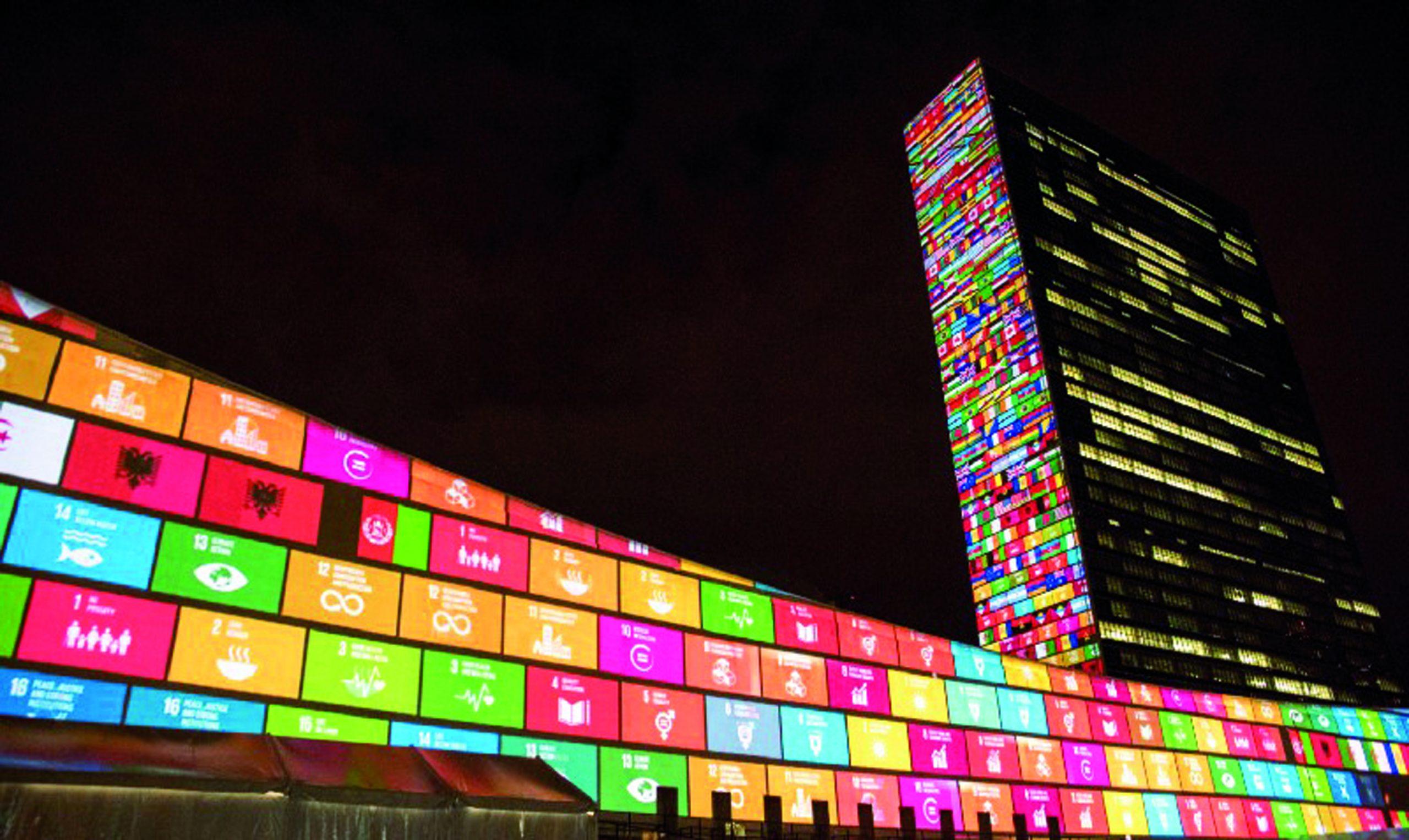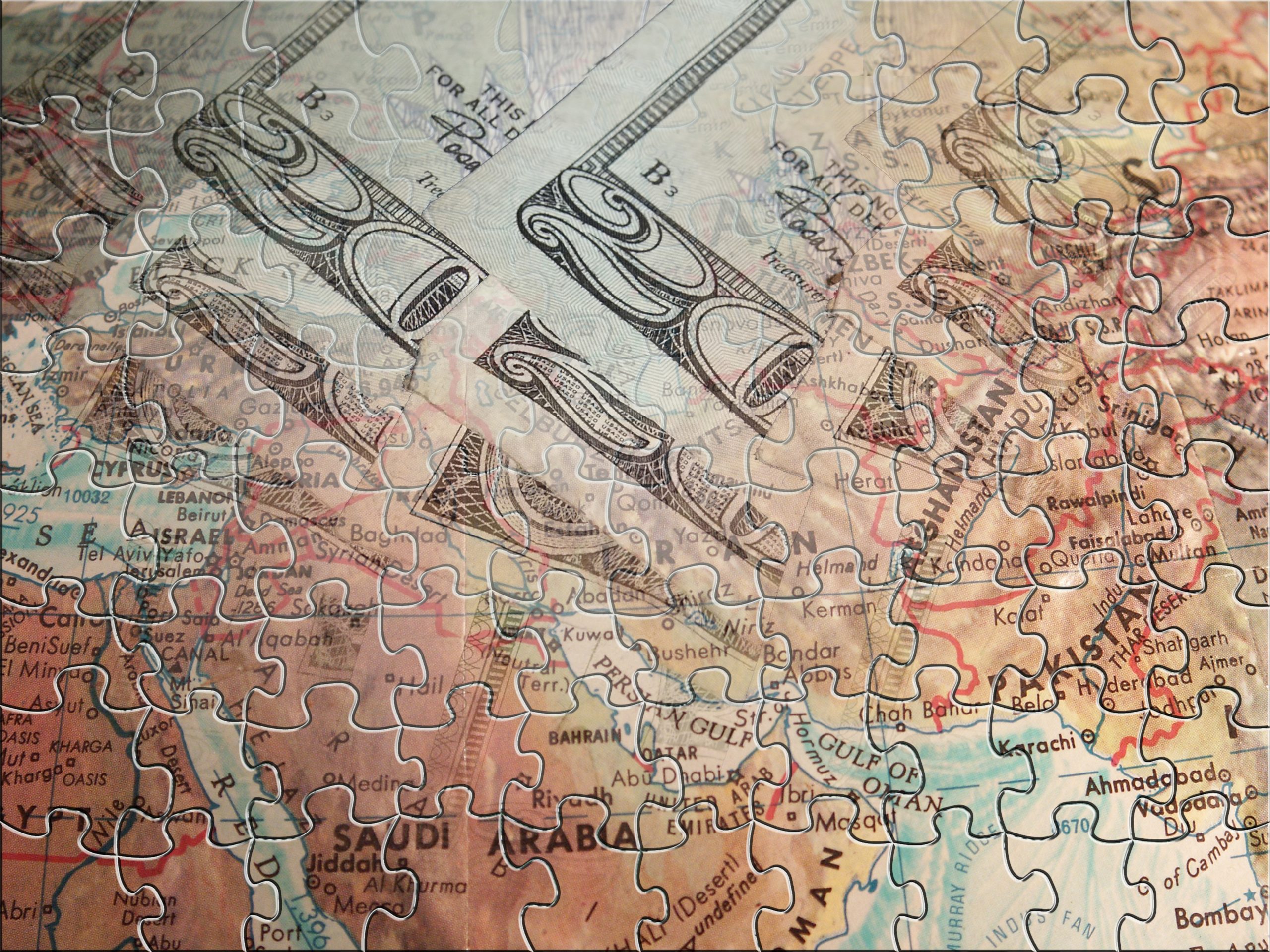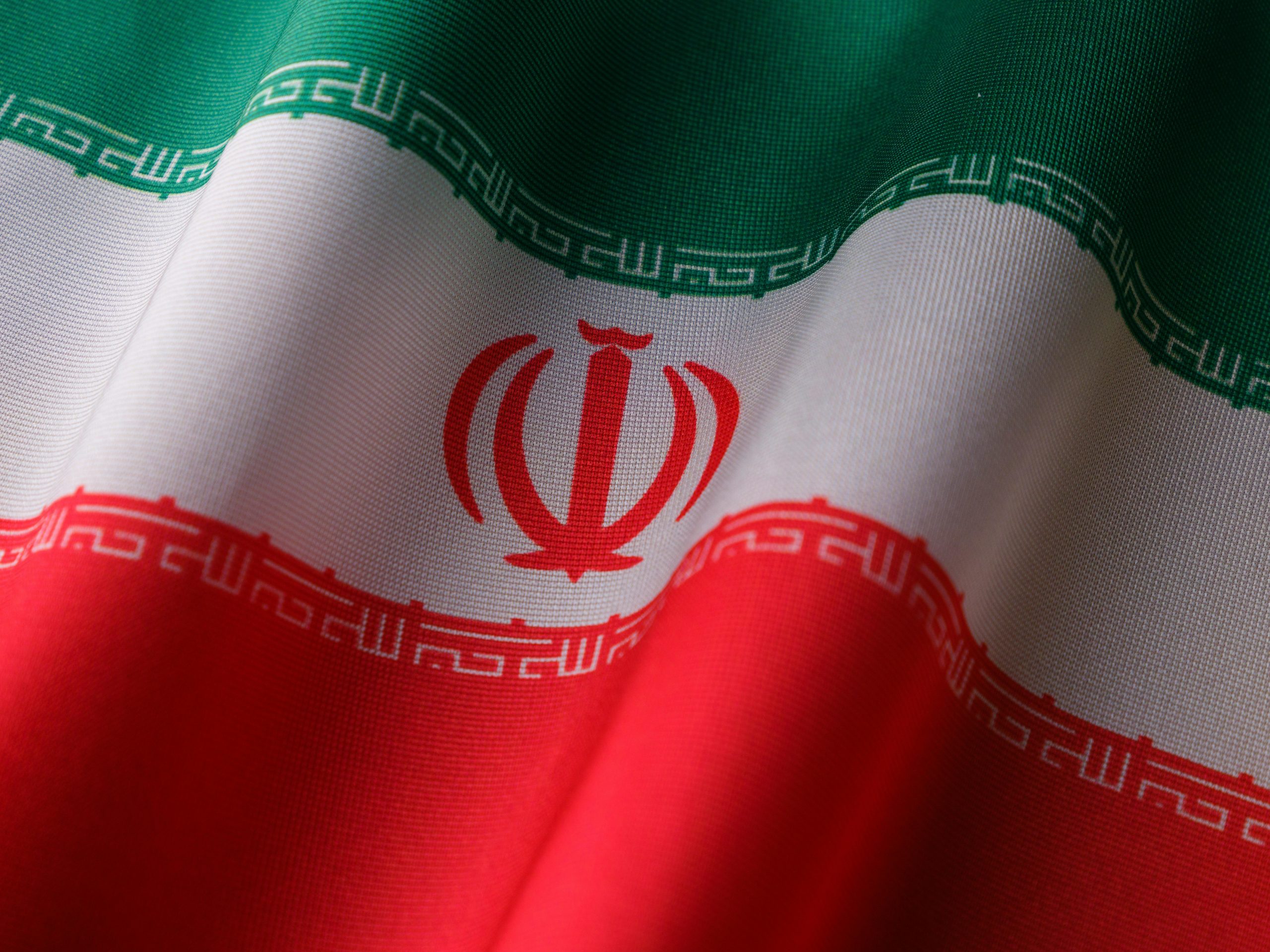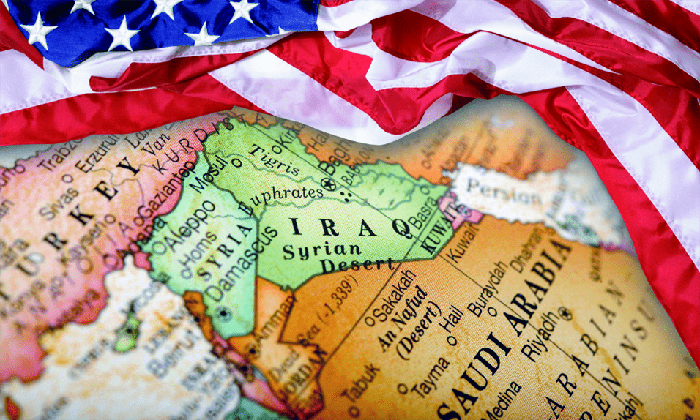ORIENT I 2021: Ten years after the Arab Spring
Purchase the full issue here:
26,00 € incl. VAT plus Shipping CostsSelect options This product has multiple variants. The options may be chosen on the product page
Editorial
Dear ORIENT readers,
Ten years after the Arabellion in the Near and Middle East there seem to be few reasons for optimism. In most countries authoritarian rule has prevailed, in a few there is chaos and violence, but the dream of the young generation for democracy and more freedom is still alive.
By the end of 2010, carrying over well into 2011 and the years to follow, protests and revolts had erupted in many states of the region. Now, ten years later, in this issue of ORIENT we would like to have a closer look at some of the developments. Tunisia appears to be the sole silver lining, and to a degree Algeria and Sudan have recently joined it. Tunisia is showcasing a somewhat resilient path – and also takes centre stage in some of the case-based analysis in this issue, complemented by contributions employing a macro perspective on specific topics.
First off, Francesco Cavatorta draws some general lessons from the Arab Spring. Subsequently, Ragnar Weilandt analyses the status of Tunisia’s transition, before Zouhir Gabsi zooms in on the situation of the country’s youth. Kirstie Lynn Dobbs then sheds light on the role civil society has played in shaping foreign policy and Vincent Durac reviews broader trends in the role of such groups. Abdelmalek El Kadoussi, Bouziane Zaid and Mohammed Ibahrine delve into the role of communication and digital media overall, and specifically in Morocco, before the issue is rounded off by James Dorsey, who ventures a look ahead.
I hope that the current issue provides you with valuable perspectives on some developments over the past ten years.
We hope that you and your loved ones stay healthy and wish you a happy new year.
Dr. Gunter Mulack
Director of the German Orient-Institute













